Capabilities
A full-service
digital agency
helping you grow.
Forward-thinking creative & passionate team.
Website Design & Development
Let us help bring your website vision to life by designing a stunning website that converts your website visitors into real clients. When considering a website redesign, or a new website build from the ground up, our website team has what it takes to make your dream into reality. Easy to navigate, easy to manage and powerful. What else could you need?
SEO Optimization
SEO is the foundation to building your brand’s reach on the internet. Our SEO team starts each new engagement by completing in-depth market research, an audit of your site and review of competitors sites, and then we work with you to develop the optimal strategy to get your site ranking for the keywords that power your brand. Having a search engine optimization strategy that compliments your paid marketing campaigns will allow you to win more clients and push the competition to the wayside.
Digital Advertising
Drive customer acquisition and grow your business with CyberMark’s digital marketing services. All our marketing services are performed by our in-house team, and you will feel the impact of digital marketing that is crafted by our Facebook Ad and Google Ad experts. Reach new customers with ads that showcase what makes your business the best choice on marketing platforms such as Facebook, Instagram, Google, YouTube, Display and more.
Our PPC and Facebook Ad specialists will work with you to develop creative that compels your audience to convert. We develop strategies to reach your ideal audience and enhance performance using location targeting, demographics and their interests. Better warn the competition because you’re about to take over the scene!
Social Media Management
Social media campaigns are the cherry on top of a brand or business growth strategy. Having an engaging presence on platforms such as Facebook, Instagram, (Meta) Google Business Profile, and LinkedIn can lead to that lead becoming a loyal customer. Showcase your brand’s personality, build relationships, and create new opportunities. Our social media marketing services are all-encompassing to include social media strategies of any type. Are you ready to put your brand on stage? Let us help you shine!
0+
Clients
served
0+
Million leads
generated
We here to help you grow
Got a project?
We are a team of creatives who are excited about helping franchises, emerging brands, and small-to-medium businesses alike expand their digital presence. Through top-notch website design, development, market research, and digital advertising, we propel our clients to new levels of success.





























